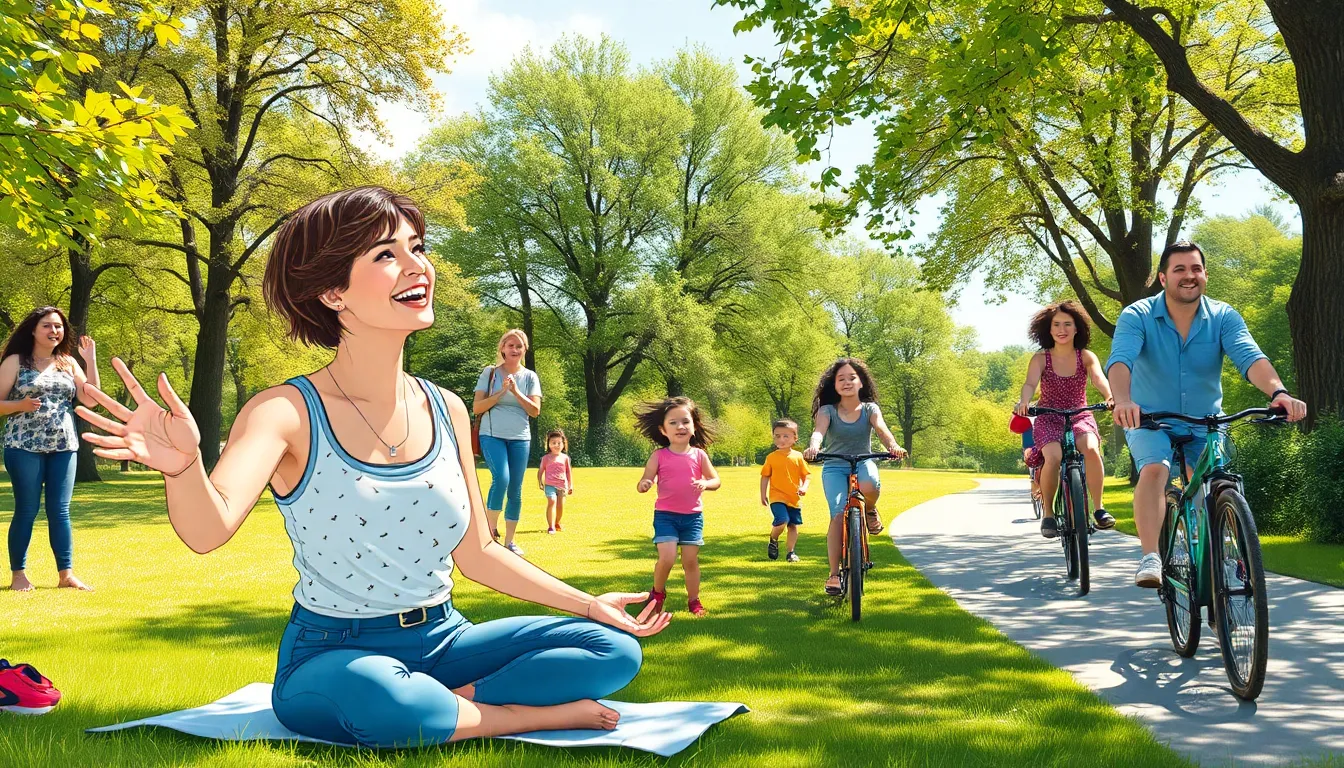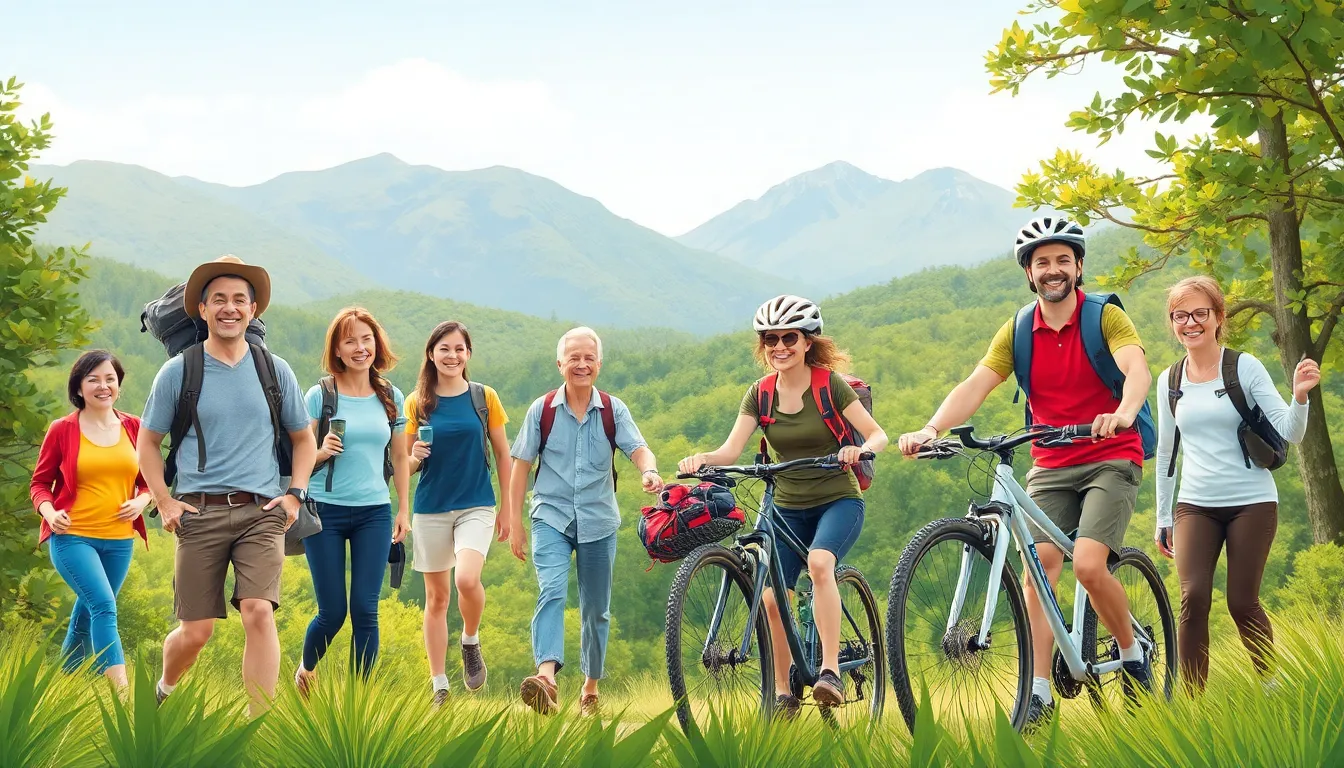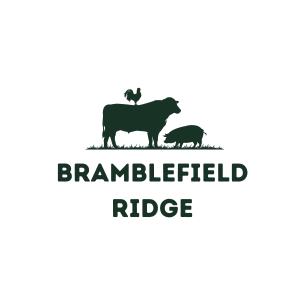The Best Fluffy Pancakes recipe you will fall in love with. Full of tips and tricks to help you make the best pancakes.

In a world that never seems to slow down, finding time for recreation and leisure is more crucial than ever. It’s not just about kicking back with a cold drink; it’s about recharging those mental batteries and rediscovering joy in everyday life. Whether it’s hiking up a mountain or binge-watching that show everyone’s talking about, leisure activities can transform stress into smiles.
Imagine swapping your desk chair for a hammock or trading emails for a game of frisbee in the park. Recreation isn’t just a luxury; it’s a necessity for a balanced life. So why not dive into the wonderful world of leisure and discover how it can boost creativity, enhance relationships, and even improve health? After all, life’s too short to spend every moment working. Let’s explore the endless possibilities of fun and relaxation waiting just around the corner.
Recreation and Leisure
Recreation and leisure play crucial roles in today’s society. These activities provide individuals with necessary breaks from work. Engaging in leisure pursuits fosters mental health and overall well-being. Physical activities, such as hiking or cycling, help reduce stress and promote fitness.
Many enjoy socializing during leisure activities. Group sports or clubs enhance community connections. Shared experiences can deepen relationships and build lasting friendships. Creative hobbies, like painting or writing, stimulate the mind and encourage self-expression.
Variety characterizes recreational activities. Options range from outdoor adventures to cultural experiences. Outdoor activities can include hiking, fishing, or camping. Cultural pursuits might involve visiting museums, attending concerts, or exploring local festivals.
Research underscores the benefits of regular leisure activities. Studies indicate that people participating in recreational activities report higher life satisfaction. Improved mood and reduced anxiety accompany these engagements. Employing leisure as a tool can lead to a healthier lifestyle.
People of all ages benefit from participating in leisure. Children develop social skills through play. Adults find joy in hobbies that challenge them physically or mentally. Seniors enjoy leisurely strolls or book clubs that keep them mentally active.
Integrating recreation into daily routines ensures a balanced life. Prioritizing leisure activities offers respite from daily stresses. By embracing recreation, individuals enhance their quality of life, enriching their daily experiences.
Importance of Recreation and Leisure

Recreation and leisure play vital roles in enhancing overall well-being. Engaging in these activities promotes a balanced lifestyle, offering key benefits for both physical and mental health.
Physical Health Benefits
Regular recreational activities boost cardiovascular fitness and strengthen muscles. As individuals participate in exercises like swimming and running, they improve their endurance and flexibility. Moreover, consistent physical activity reduces the risk of chronic illnesses such as obesity and diabetes. Engaging in outdoor activities, such as hiking or cycling, also increases exposure to nature, contributing to greater physical vitality. Studies consistently show that individuals who integrate leisure activities into their routines maintain healthier weights and experience improved energy levels. In essence, active leisure supports physical wellness and encourages long-term health.
Mental Health Benefits
Mental health benefits from recreation and leisure significantly enhance life quality. Activities such as yoga and team sports foster relaxation and reduce stress. Participation in hobbies promotes creativity and helps individuals unwind. Socializing during leisure activities creates strong community ties, which can combat feelings of loneliness and depression. Regular engagement in leisure pursuits also leads to the release of endorphins, improving mood and fostering feelings of happiness. Research indicates that people who prioritize leisure report lower anxiety levels and higher life satisfaction. Consequently, integrating enjoyable activities into daily life enhances mental well-being and resilience.
Types of Recreation and Leisure Activities
Recreation and leisure activities span various interests and environments. Each category offers unique benefits, contributing to a balanced lifestyle.
Outdoor Recreation
Outdoor recreation encompasses activities that connect individuals with nature. Hiking through scenic trails evokes a sense of adventure, while cycling along picturesque routes promotes physical fitness. Camping allows people to unplug and enjoy evenings around a campfire, fostering social bonds. Water sports, such as kayaking or fishing, provide relaxation and an escape from daily stressors. Engaging in these physical activities boosts cardiovascular health and enhances mental well-being by increasing exposure to fresh air and sunlight. Families and friends benefit from quality time spent outdoors, strengthening relationships and creating lasting memories.
Indoor Leisure Activities
Indoor leisure activities focus on skilled pursuits and relaxation within home or community settings. Reading books or enjoying movies can transport individuals to different worlds, sparking imagination. Crafting provides an avenue for creativity, allowing people to express themselves through art or DIY projects. Group games, like board games or video games, encourage social interaction and healthy competition. Cooking brings families together, where they can explore culinary skills while enjoying delicious meals. Engaging in these hobbies fosters personal growth, lowers stress levels, and cultivates a sense of accomplishment, reinforcing the importance of balancing indoor and outdoor leisure.
Trends in Recreation and Leisure
Recent trends in recreation and leisure reflect evolving societal needs and technological advancements. These changes shape how individuals engage in leisure activities and foster community connections.
Technology and Recreation
Smartphones and wearable devices significantly impact recreation. Mobile apps facilitate group activities such as hiking and cycling, providing real-time data on routes and performance. Virtual reality experiences allow users to explore immersive environments, making fitness fun and engaging. Online platforms help connect people with similar interests, from running clubs to book clubs. Engaging in these technological trends promotes accessibility and motivation. Participants can track progress, set goals, and share achievements, enhancing overall experiences.
Community Engagement
Community engagement fosters social bonds and strengthens local ties. Outdoor festivals and sports leagues encourage participation from individuals of all ages, creating inclusive environments. Volunteering for local charities combines leisure with purpose, engaging residents in meaningful ways. Participating in community gardens or fitness initiatives promotes wellness while enhancing neighborhood aesthetics. Local parks now host events and classes, providing opportunities for social interaction. This trend highlights the importance of recreation as a means to build connections and support well-being within communities.
Conclusion
Recreation and leisure are vital components of a fulfilling life. They provide the necessary balance between work and play that enhances mental and physical well-being. By engaging in diverse activities, individuals not only nurture their creativity but also strengthen social connections and improve overall health.
As society evolves, the ways people engage in leisure continue to adapt. Embracing both traditional and modern recreational options allows everyone to find joy and relaxation in their daily routines. Prioritizing leisure can lead to a happier and healthier lifestyle, reminding us that taking time for ourselves is essential.
